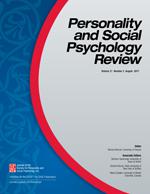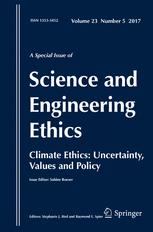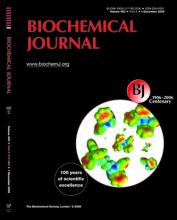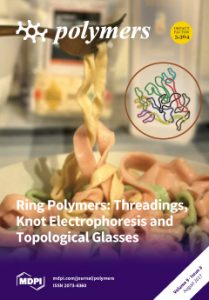 Can seeing a weapon increase aggressive thoughts and behaviors?
Can seeing a weapon increase aggressive thoughts and behaviors?
A meta-analysis on the so-called “weapons effect” has been flagged with an expression of concern by a SAGE journal, after the researchers discovered errors affecting at least one of the main conclusions.
The paper found that the presence of weapons increased people’s aggressiveness, but not feelings of anger. However, the corresponding author, Arlin James Benjamin, who works at University of Arkansas–Fort Smith, told us:
we would urge considerably more caution in interpreting the impact of weapons on behavioral outcomes based on those initial re-analyses.
Last author Brad Bushman, a professor of communication and psychology at the Ohio State University (OSU), was the corresponding author on two now-retracted papers linking video games and violence. Continue reading After losing two video game-violence papers, co-author’s weapons paper is flagged



 Researchers from the University of Kansas asked to retract their paper only days after the journal issued an expression of concern related to some of the images.
Researchers from the University of Kansas asked to retract their paper only days after the journal issued an expression of concern related to some of the images.  Here’s a head-scratcher: A 2017 paper examining why long space flights can cause eye damage has been taken down, with a brief note saying NASA, which sponsored the research, asked for the retraction because of “security concerns.”
Here’s a head-scratcher: A 2017 paper examining why long space flights can cause eye damage has been taken down, with a brief note saying NASA, which sponsored the research, asked for the retraction because of “security concerns.”

